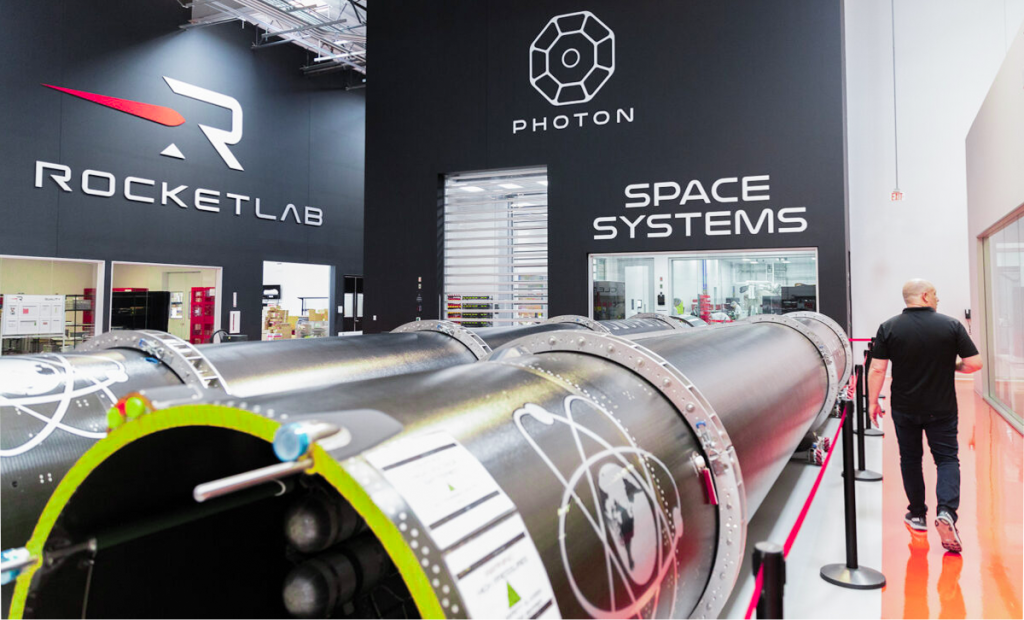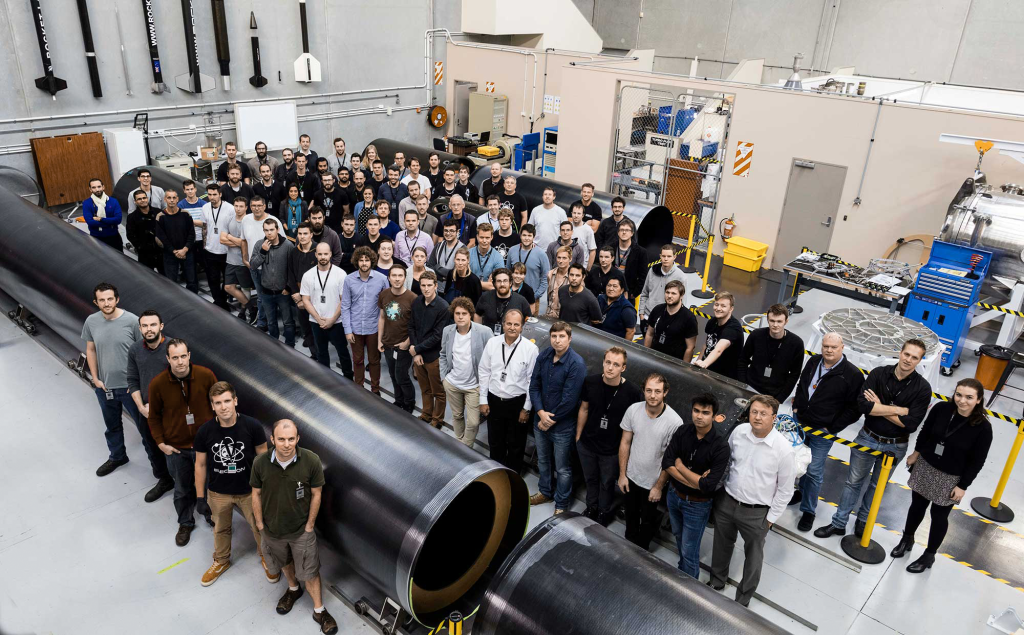
In the ever-expanding realm of space exploration, Rocket Lab has made a significant impact by revolutionizing the way we access the cosmos. Founded in 2006 by New Zealand-born engineer Peter Beck, this private aerospace company has consistently pushed the boundaries of innovation and redefined the possibilities of reaching space. This article delves into the unique journey of Rocket Lab and explores its remarkable contributions to the space industry.
A Kiwi Dream Takes Flight
Rocket Lab’s story is one of determination, innovation, and a bit of Kiwi ingenuity. Born out of the desire to make space more accessible, Peter Beck embarked on a journey to create a rocket company that would not only reach orbit but do so at a fraction of the cost of traditional space launches.
One of the company’s distinguishing features is its unique geographical location. Rocket Lab’s primary launch site, the Mahia Peninsula in New Zealand, offers a virtually unprecedented opportunity to access a wide range of orbital inclinations. This strategic positioning allows for the deployment of satellites into various orbits with precision, making it an attractive choice for both commercial and government customers.

Electron Rocket: A Game-Changer
At the heart of Rocket Lab’s success is the Electron rocket. Designed to be lightweight, cost-effective, and highly versatile, the Electron rocket is a testament to the company’s commitment to changing the way we think about launching payloads into space.
What sets the Electron rocket apart is its size and payload capacity. With a length of just 17 meters and a payload capacity of 300 kilograms to sun-synchronous orbit, the Electron is an ideal choice for launching small and medium-sized payloads, such as CubeSats and small satellites. This adaptability makes it a favorite among commercial satellite operators and researchers looking for a cost-effective means of reaching space.
Fast, Frequent, and Flexible
One of Rocket Lab’s standout achievements is its commitment to rapid launch cadence. Unlike traditional space launch providers, which may schedule launches months or even years in advance, Rocket Lab has streamlined its operations to offer an almost on-demand launch service.
This agility in scheduling and executing launches has earned Rocket Lab the reputation of being a reliable partner for satellite deployment. The company’s “ride-share” model, allowing multiple small satellite customers to share a launch, further reduces costs and increases access to space for a wide range of applications.
Beyond Earth’s Orbit
Rocket Lab is not content with simply providing reliable launches to low Earth orbit. The company has its sights set on ambitious missions to explore deeper into the cosmos. In 2021, Rocket Lab unveiled plans for its Neutron rocket, designed to take payloads beyond Earth’s orbit, including lunar and interplanetary missions.
Additionally, the company is working on the Photon spacecraft, a customizable platform for missions beyond Earth’s orbit. It can serve as a lunar lander, Venus probe, or even an asteroid explorer, demonstrating Rocket Lab’s commitment to expanding the horizons of space exploration.
Sustainability and Innovation
Rocket Lab is not just pioneering space access; it’s also committed to sustainability. The company is working to develop reusable rockets, with plans to recover and refurbish Electron boosters in the future. This eco-conscious approach aligns with the growing emphasis on sustainability in the space industry.
Rocket Lab has emerged as a trailblazer in the space industry, delivering cost-effective and frequent access to space while simultaneously pushing the boundaries of innovation. Through its Electron rocket, rapid launch cadence, and bold vision for the future, the company has earned its place at the forefront of space exploration. With sustainability at its core, Rocket Lab continues to inspire and empower the next generation of space pioneers, reshaping the cosmos one launch at a time.